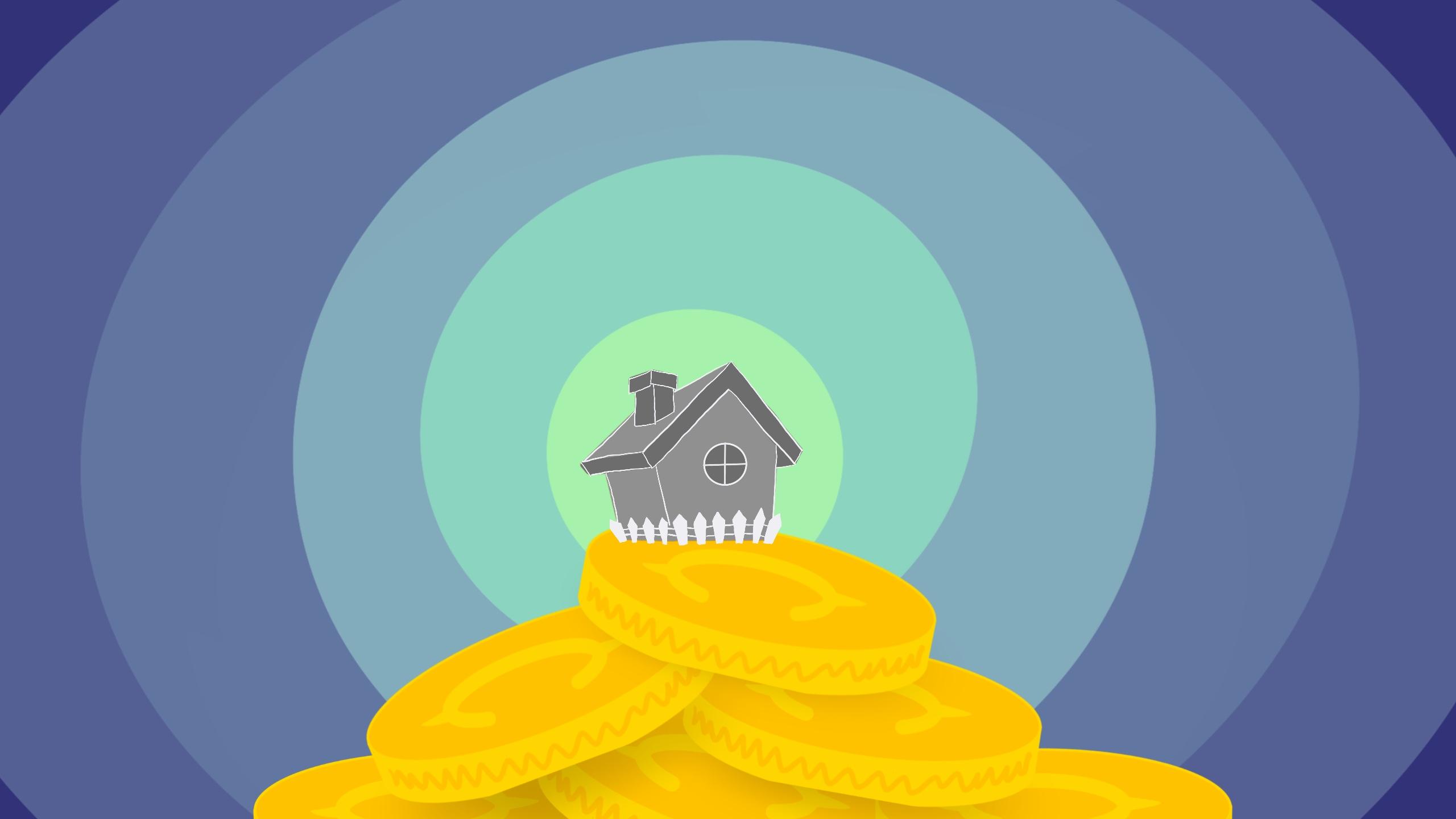By Ryan O’Connor
Affordable housing has become a distant dream for many—especially following a pandemic that saw property prices balloon to unprecedented heights in the Canadian market. However, some Ryerson students are still hopeful that they will become future home buyers.
According to WOWA.ca, a Canadian real estate and finance technology company, the average price of houses sold in Toronto increased 28 per cent year-over-year to $1,334,544 in February 2022 compared to the previous year in the same period. Condos, semi-detached homes and townhouses saw similar increases in the 25 to 35 per cent range. This sharp increase in property prices has become a cause for concern for future generations of hopeful homeowners in urban centres like Toronto.
“I do want to own the house in the distant future,” says Mihir Kore, a first-year sport media student at Ryerson who’s now considering moving out of the city to afford a house. “Generally, I would not want to buy property too far from the city, but I feel the market right now is too crazy.”
David Amborski is a professor at the School of Urban and Regional Planning at Ryerson and founding director of the Centre for Urban Research and Land Development. He says the housing market has seen unprecedented increases in the “last year or two.”
“But I think we’ll continue to see upward trends and upward pressure over the next year. As long as there’s short supply in the market and the demand is there, you can expect to see prices rise at a dramatic rate.”
“I would not want to buy property too far from the city, but I feel the market right now is too crazy”
The upward trend of mass immigration into Canada signals that housing prices will only go up.
“Housing prices are determined by supply and demand,” says Amborski. “And right now supply is tight. We’re looking at about 400,000 immigrants a year coming into Canada and the bulk of those end up in major reception areas like Toronto.”
In 2021, Toronto became the most expensive housing market in Canada, ending Vancouver’s more than 30-year run with that title. This is especially concerning news for students as nearly half of urban Generation Z adults in Canada are likely to buy and own a primary residence in their lifetime.
Cathy Crowe, a social justice activist and Toronto street nurse, says the solution to housing affordability in Canada for future generations lies with an improved national housing program.
“The National Housing Council report showed that around 97 per cent of the funding for new housing development in Canada was going to private developers,” says Crowe. “The report shows that what is being built right now is privatized and unaffordable. So until we see a huge shift in housing policy in Canada, I don’t really see the issue fixing itself.”
Amborski notes that non-governmental organizations provide grants and second mortgages for first-time homeowners, such as Options For Homes and The Daniels Corporation. As an alternative to government-funded affordable housing programs, these non-profits aim to help young people get their foot in the door in the housing market through building equity.
However, some students have started exploring other housing options as opposed to homeownership.
“The rental market is not very accessible unless you’re high-income“
“I would like to own property at some point, but I don’t think the housing market would allow for that to happen,” says Katherine Boudreau, a third-year creative industries student at Ryerson. “I’d like to move back to England or to Italy where living in apartments and renting is more common and affordable.”
The lack of new affordable housing in Canada has left many in the country with no other choice but to rent property. According to Advocacy Centre for Tenants Ontario, nearly half the population of Toronto rent their homes, with younger age groups like Gen Z driving this percentage upwards as ownership becomes less common among young people.
Despite this, rental prices are not much cheaper than owning a home in Canada. Renting with others is one of the only options for low-income groups, such as students who are just entering the housing market.
“Renting is a whole other barrier to affordable housing,” says Crowe. “The rental market is not very accessible unless you’re high-income. So people are forced to have co-housing relationships, and I think people are very frustrated and challenged by that. This adds to the issue of housing insecurity in Canada.”
Kore is currently renting with two other people in Toronto, but he says he is unsatisfied with the idea of renting long-term. “Once I am financially stable, I’d like to own a house,” says Kore. “I could even try to buy an apartment with other people and lease it out to help pay for my property, or even sell it.”
Amborski says that building equity is the key to getting a house these days. “Once you get equity and you get into even a low-price condo, part of that goes to pay off the mortgage.”
“Building more equity gives you more leverage to buy something else, like a house. So you have to get in at some point if it’s at all possible.”










Leave a Reply